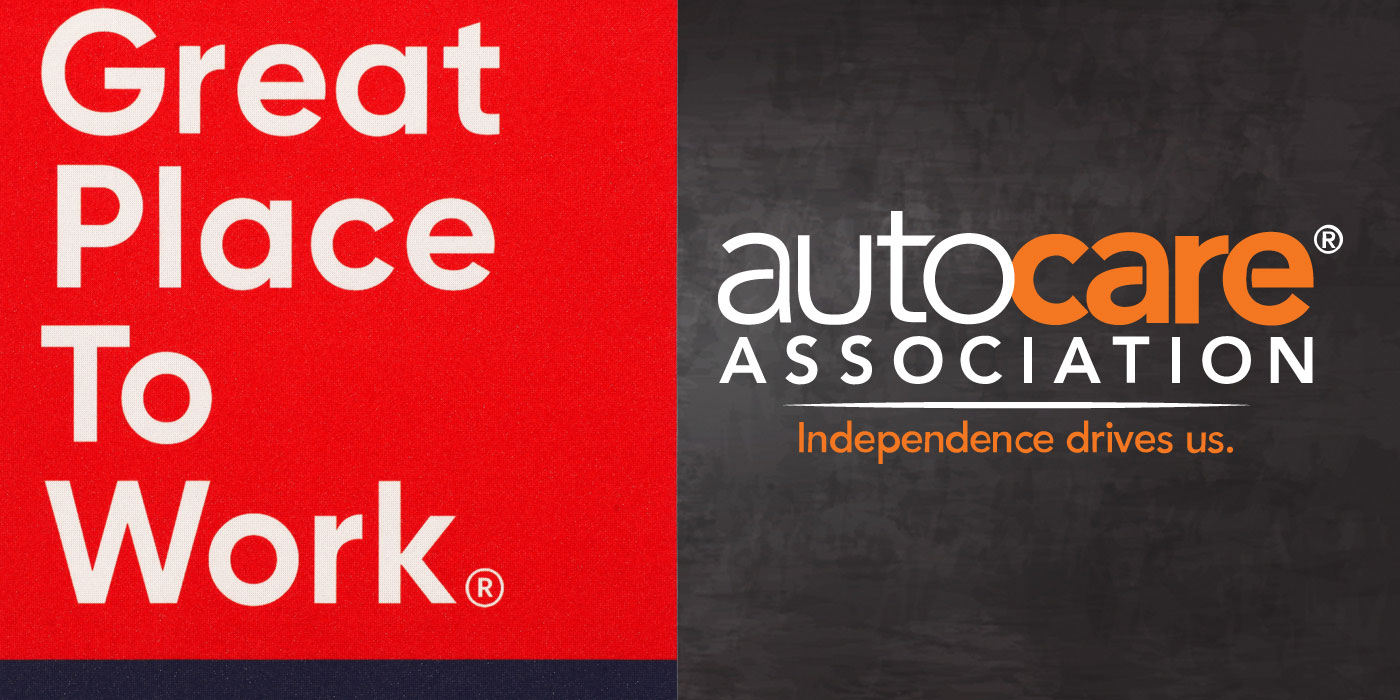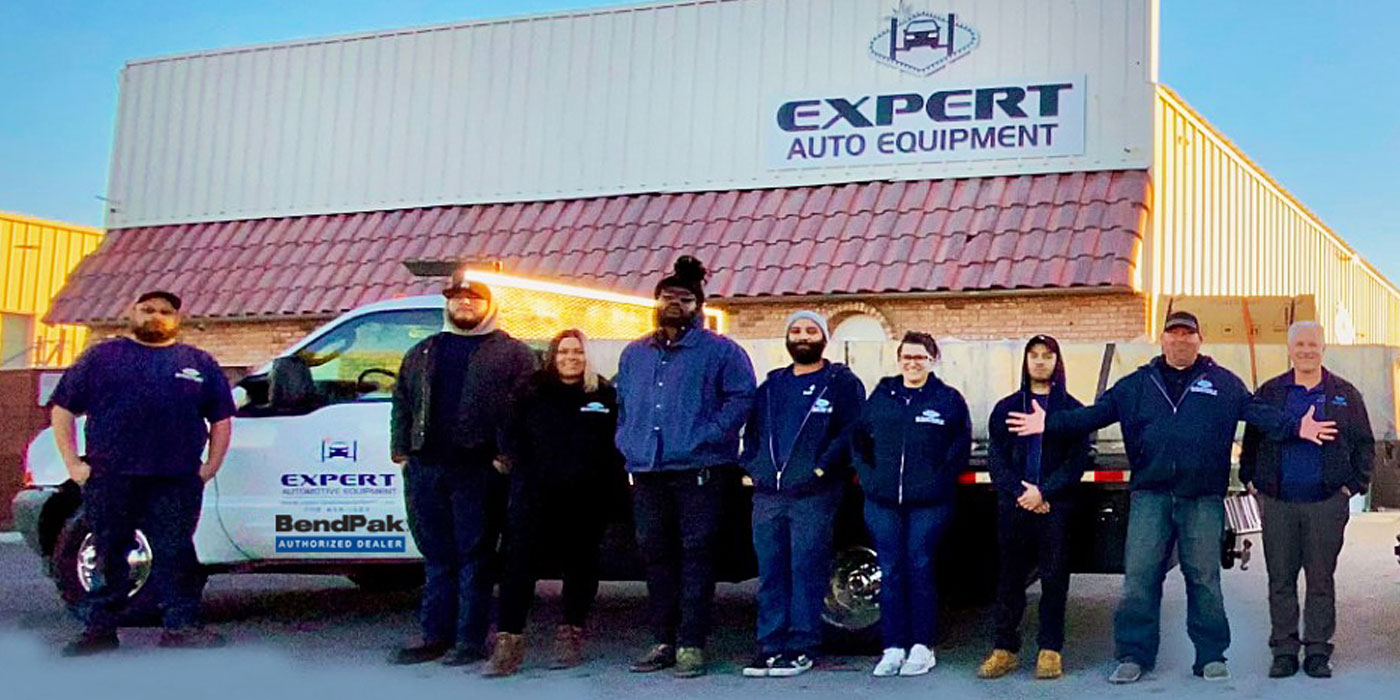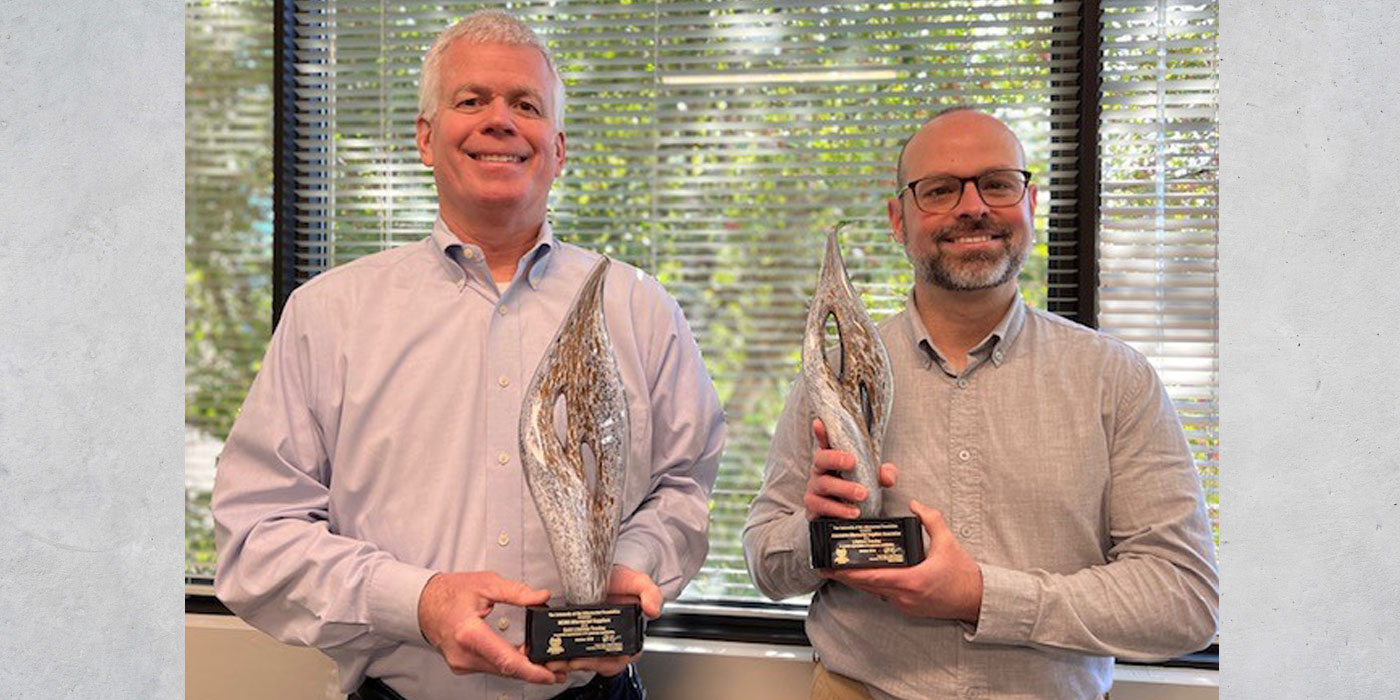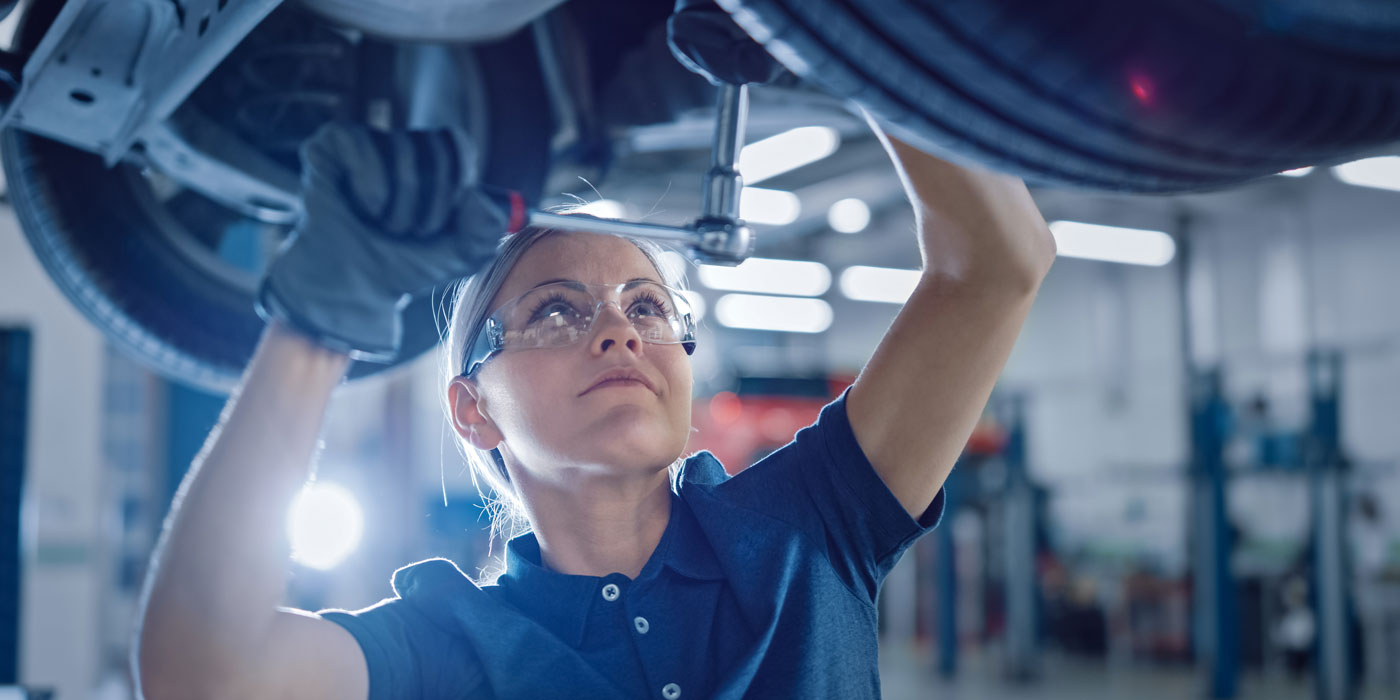Most of my experience is with the OE sector, but I also keep up with the aftermarket. For this article I thought it might be helpful to provide some insight into the OE parts side. By understanding the OE side better, you can begin to develop a strategy to help you retain market share.
The average new-car dealership parts inventory is around $250,000, but there are those that stock more and those that stock less. For dealerships, from an inventory performance point of view, if a part has not had any demand in six to 12 months (either a bona-fide sale to a customer or a lost sale posted against it or combination of both) it is considered obsolete.
On the other hand, a part is not considered profitable to stock, or phase-in, unless customer demand reaches the industry standard of three separate months sales (combination of actual and lost sales posted to the part) within a 12-month period. However, the standard does not apply to all classes of parts. It may be desirable to phase-in a part with fewer sales over a shorter test period, such as two months sales in a six-month period. Additionally, due to changes in demand, parts can repeatedly be phased-in or phased-out of the inventory.
INVENTORY TURNS
Inventory turns are measured in two ways: gross inventory turns and true inventory turns. Gross inventory turns are measured the same way in the dealership as they are in the aftermarket. True inventory turns measure that portion of the inventory specifically sold from the dealership stock. So true turns calculation relies on how parts are purchased for stock replenishment. Parts purchased on scheduled stock orders from the vehicle manufacturer, mostly to replenish the dealer inventory, are the most profitable because they have the lowest acquisition costs and result in discounts and a percentage of purchases credited to an account for parts obsolescence returns.
How do new-car dealers order parts from the vehicle manufacturers? Typically, the vehicle manufacturers provide different methods, one being the already-mentioned scheduled stock orders, submitted weekly or daily. The other involves various methods for emergency parts acquisition. Any emergency orders from manufacturer depots are at a higher cost due to lost discounts, no credit to parts obsolescence return reserve and some degree of freight and handling charge. Any local emergency purchases from others like franchise dealers or some aftermarket sources reflect higher acquisition costs as well. Consequently, dealers strive to make the majority of purchases on less costly scheduled orders while using emergency-type orders to meet immediate customer needs not filled from stock. A proper balance between the types of orders helps meet customers needs while insuring optimum profitability.
Many dealership parts department personnel have become very adept at using automated inventory control systems, known as Dealer Management Systems (DMS). This automated inventory control has allowed dealership parts departments to increase stock (width and range) of the most profitable parts while reducing the depth of inventory stocked and quickly eliminating inventory obsolescence. This refinement in inventory management through automated inventory control systems maximizes return on investment and allows for the most profitable utilization of dollars invested in inventory.
Well-developed and structured wholesale programs by the vehicle manufacturers are helping dealerships chart new customer territory. And, those new car dealerships eager to expand their parts business are taking advantage of them. However, not all dealerships see the value or care to make the commitment.
Why? Most of the dealerships are owned and/or run by senior management that has risen through the vehicle sales ranks, both new- and used-car departments.They dont understand the parts and service operations (fixed ops as they are called) and to this day, consider it an unglamorous and dirty part of the business. I have actually spoken to dealership owners and senior managers who lament that they wish they did not have parts and service departments.
Many of these senior managers have little interest in building this part of the business beyond what is immediately necessary for specific dealership internal needs. For most dealership owners and senior management, understanding of this facet of the business is extremely limited so they dont devote much attention to its performance or potential. This apathy toward these fixed operations leads to the problem of a lack of qualified management in the parts departments themselves. A counterperson may find himself promoted to parts manager with little or no formal training. The result is someone with limited knowledge managing a $250,000 parts inventory. Often, it ends in disaster.
Many dealerships are on the fence about pursuing wholesale business because of the low perceived profit margins relative to investment, particularly for wholesale collision parts. Of course, there are those new-car dealerships that have aggressively pursued some level of the wholesale parts business, but failed due to internal problems or outside competition, and vowed never to reenter it. While there are good wholesale programs offered by the vehicle manufacturers to help their dealerships build their parts business, most, for various reasons, dont take advantage of them.
This dealer body is a sleeping giant. Its only a matter of time before the opportunities in the parts department finally sink in and more and more dealers vie for more wholesale business. Slowly, dealerships are starting to realize that independent installers can be a profitable source of business. And as the sale of new vehicles slows down, other sources of revenue, dealerships will be scrutinized. Moreover, as publicly traded dealer groups are formed, shareholders will demand maximized return on investment from all departments while seeking new avenues of revenue. Your opportunity is to take advantage of this dealership procrastination.
Now you know a little bit about how dealership parts departments operate, you have some insight into their Achilles heel, and what might shape their view of future parts sales. Armed with this information, the aftermarket industry might have to consider radical changes.
Stores that have no automated inventory control system will have to automate. Given the present parts populations and proliferation of parts, its not possible to efficiently or profitably manage inventory without a computerized system. For those who feel the investment in an automated inventory control system isnt worth the time or money, consider the money wasted on unprofitable, slow-moving, obsolete inventory. Customer demand will have to be the driving force. Are you stocking according to what you think the customer wants or according to what the customer needs? Without an automated inventory control system, how can you logically answer this question? Regardless of the efficiency of the supply chain, if the stores at the end of the chain cant predict, with reasonable certainty what customers needs are, how can the right parts in the right quantities be delivered at the right time? If quality parts are becoming a growing issue with customers, is it advantageous to stock them. And, how can the industry again gain the confidence of installers in the quality products it does offer? The key catalysts here are the parts manufacturers. They must take the lead. As for distributors and stores, its their mission to carry the message to the customers. As an industry, will sharing information about customer demand and parts movement strengthen competitive position? I believe its something that cant be ignored. Communication among parts manufacturers, suppliers, distributors and stores is essential to refine the supply chain. Unwillingness to share information throughout the supply chain, for whatever self-serving reason, can only help to hinder competitive advantage as an industry.











